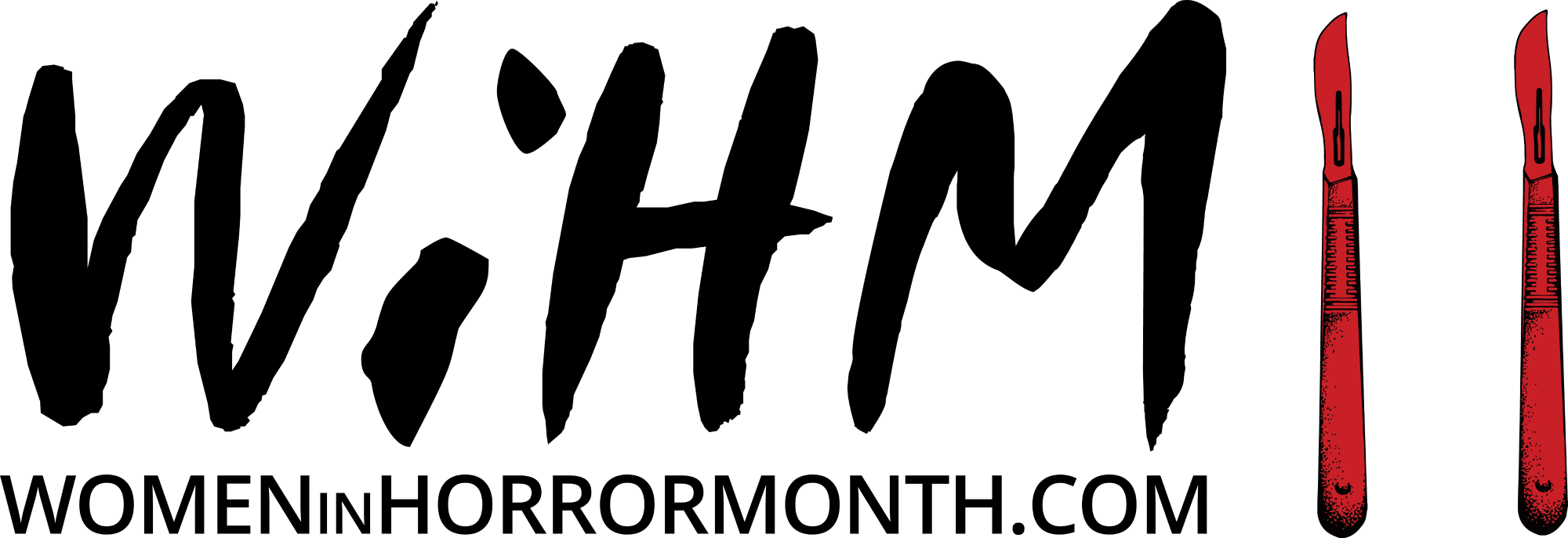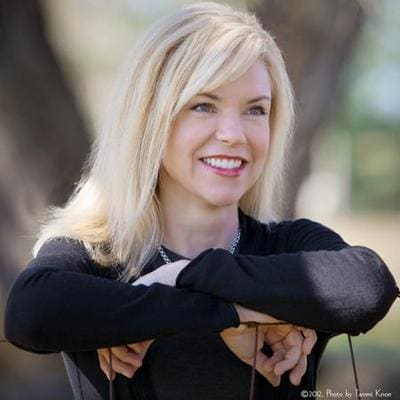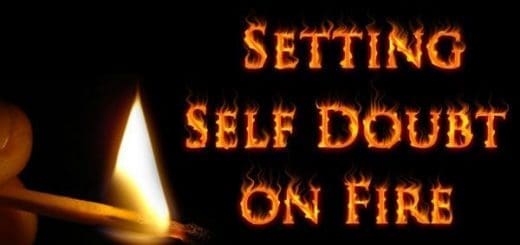WIHM: An Interview With Damien Angelica Walters

I’m a quote person, and this is one of my favorites:
“In preparing for battle I have always found that plans are useless, but planning is indispensable.” In other words, I make plans, but am not afraid to throw them out the window. This is so true when it comes to writing—I usually write a premise, but wind up as more of a pantser. With that in mind, I reached out to some of my favorite horror writers with questions about writing, and their process. Some of these Qs are kinda quirky, and definitely interesting!
Meet Damien Angelica Walters. I discovered her writing online, and became an instant fan.
What was the first horror novel you ever read? Tell me what made it appealing.
I can’t say for certain but I suspect it was something by Lois Duncan, most likely Down a Dark Hall. She wrote about young girls so that would’ve been very appealing to a young Damien. My first adult horror novel was The Shining by Stephen King, lent to me by a friend of my mother’s and it terrified me. I was eleven then and I suspect the appeal of the book, beyond it being a scary story, was that it gave me a glimpse into an adult world, with adult fears.
How do you feel about horror genre blends (like romance/horror), or are you a purist?
I think the genre lends itself well to hybrids because there are so many shades of horror. And I don’t think there’s one true version of a horror story because readers have different tastes and likes in fiction. One person’s horror story might not be that to another. Ellen Datlow, the editor of many anthologies, including The Best Horror of the Year series, has said repeatedly that horror is a tone or a mood and that’s a perfect description.
What drew you to the book you’re currently reading?
I’m currently reading an ARC of Survivor Song by Paul Tremblay and the fact that it’s written by Paul was enough for me. If you’ve not read his work, I highly recommend it, beginning with A Head Full of Ghosts.
Who is your favorite female villain? Why?
Annie Wilkes from Misery is a definite favorite because she certainly doesn’t seem like the sort of person who would be a villain. She’s a middle-aged, somewhat frumpy bookworm. She’s no one that would cause you to tremble or cross the street if she approached. You’d probably offer to join her for a cup of coffee or tea. That, plus her insidious behavior and twisted reasoning behind what she does, makes her a wonderful villain.
How do you watch horror? (i.e. In your pajamas, late at night with lights low and a bowl of popcorn.)
My husband isn’t a fan of horror movies so I usually watch them when he’s not home or he’s busy elsewhere in the house. I don’t have any particular rituals although I like to close the curtains and turn off the lights and make the room as dark as possible.
What are your top three favorite horror movies, and what made them interesting to you?
Alien, The Exorcist, and Halloween are three of my top favorites. I think they’re interesting because they were all groundbreaking films. They all tap into a core horror trope, that of an implacable beast who will destroy without compunction. Yet for all the thematic similarities, they are wildly different stories.
Where do you draw the line on violence in your writing?
I don’t write violence for violence’s sake, but the world can be a violent place. If a story calls for violence, I’ll write it, but I’m not a fan of gratuitous violence done solely for shock value.
How do you feel about including profanity, and do you have a favorite cuss word? ☺
Profanity is fine with me and bloody hell is probably my favorite or if not my favorite, the one I say most frequently.
Tell me about a quirky writing habit you have.
I doubt it’s terribly quirky but I like to read dialogue aloud when I’m writing it and I try to emulate the way the characters would speak, not how I would.
If you HAD to set a story in another country, what one would you choose and why?
The word had makes it sound like it would be a negative thing and I’m not sure why that would be. I’ve set at least one short story in England and several in Lithuania, the latter because my husband is of Lithuanian descent so I’ve heard stories and I’ve seen photos and such. I’ve also set plenty of stories in vaguely European towns, so I’m definitely not married to one location or setting for my shorter work.
Best writing advice you’d like to share?
Everyone will give you advice and frequently, people think their advice is the magical key that will open all the publishing doors, but the truth is, this business is wildly unpredictable. So my best advice would be to read a lot and write a lot.
How do story endings really irritate you?
I’m not generally a fan of the “it was aliens the whole time” sort of ending.
Do you hide any Easter Eggs in your writing?
I think I’ve referenced other stories now and again but I don’t keep track.
How do you come up with your titles?
Sometimes they’re inspired by a line or phrase in the story or novel, sometimes they just come to me, and in the case of “The Serial Killer’s Astronaut Daughter,” the title came first. I was trying to come up with an outrageous version of the “Something Something’s Daughter” titles that were popping up everywhere.
What writing tools are a must-have?
I don’t think there are any beyond paper and pen and an imagination. A computer will make it easier, and they’re a necessity if you wish to write for publication, but if you want to write, you will no matter what.
Which actress would play Heather in your latest novel, The Dead Girls Club?
The Dead Girls Club is a supernatural thriller about two young girls, a scary story that becomes far too real, and the tragic–and terrifying–consequences that follow one of them into adulthood.
The Heather in my head and the Heather in a reader’s head are probably quite different, and because I have a clear picture of who Heather is in my head, I haven’t really thought of what actress would fit the role well. They would simply need to be someone who could convey a woman slowly falling apart at the seams.
What’s the best part of what you are working on right now?
I’m currently writing a sequel to my short story “The Floating Girls: A Documentary.” The novel takes place six years after the story and it’s fun revisiting the main character and writing more in depth about the series of events. I’m also enjoying the new characters who’ve come to the table, so to speak and hopefully it will all work out the way I envision.
- About the Author
- Latest Posts
Catherine Jordan is the new review coordinator for Horrortree.com. She’s a horror movie fan and a horror novelist, although she edits and writes in many genres. Ms. Jordan has been featured in a variety of anthologies, on-line publications, and print magazines. It was her pleasure to serve as judge for the Bram Stoker Award and for the ITW Young Adult Award. Catherine also facilitates writing courses and critique groups. She credits her five children with inspiring her writing material.
You can follow Jordan’s work at her homepage and Amazon.













